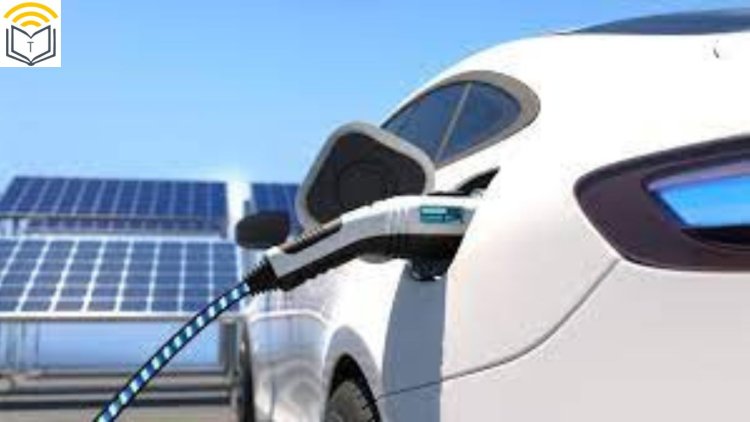India Embraces Electric Vehicles to Drive Towards a Greener Future
That's correct! Electric vehicles (EVs) are indeed gaining popularity in India as the country focuses on reducing its carbon footprint and improving air quality.

India, being one of the world's largest automobile markets, has recognized the importance of transitioning to electric mobility to address environmental concerns and reduce dependence on fossil fuels.
The increasing popularity of EVs in India is also supported by the expanding charging infrastructure. Both public and private entities are investing in the installation of charging stations across the country, making it easier for EV owners to charge their vehicles conveniently.
Overall, the rising popularity of electric vehicles in India is a positive step towards reducing carbon emissions, improving air quality, and creating a sustainable transportation ecosystem. The government's initiatives, coupled with increasing consumer awareness and the efforts of automobile manufacturers, are driving the transition towards a greener future for mobility in India.
What's Your Reaction?





















